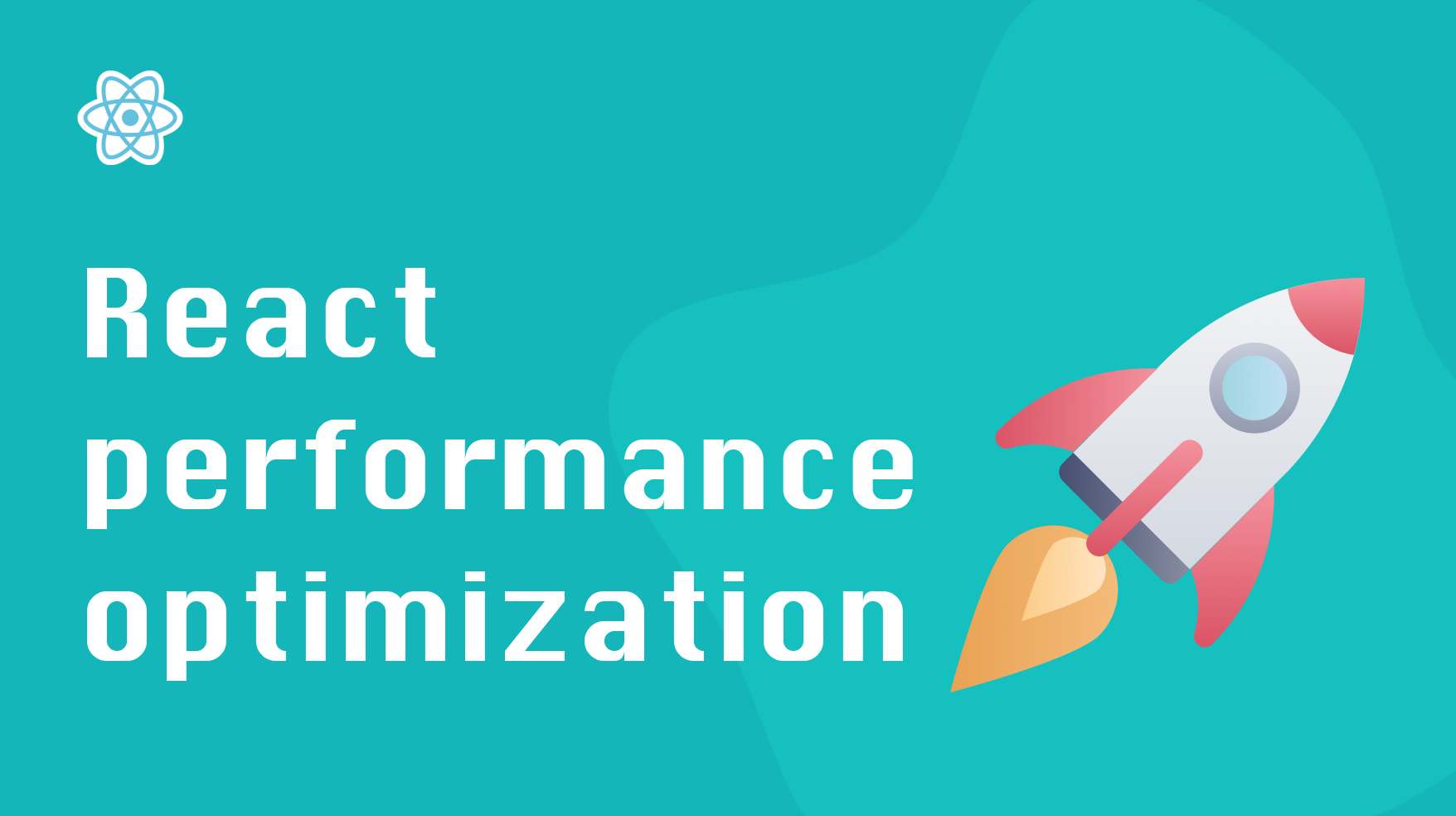
Introduction
Performance is a critical factor in the success of any web application. Next.js, with its powerful optimizations, offers several strategies to improve speed, responsiveness, and user experience. In this guide, we'll explore the best techniques to optimize your Next.js app for peak performance.
Key Performance Optimization Strategies
1. Code Splitting and Lazy Loading
- Utilize dynamic imports (
next/dynamic) to load components only when needed. - Split large JavaScript bundles to reduce initial load time.
- Implement lazy loading for images and assets to improve rendering speed.
2. Optimizing Server-Side Rendering (SSR) and Static Generation (SSG)
- Use getStaticProps and getServerSideProps efficiently for data fetching.
- Pre-generate pages with Incremental Static Regeneration (ISR) for a balance between performance and real-time data updates.
3. Leveraging AI for Performance Optimization
- AI-based caching strategies for intelligent content delivery.
- Predictive preloading of pages based on user behavior.
- Automated performance analysis to detect and fix bottlenecks.
4. Image Optimization
- Utilize Next.js Image Optimization (
next/image) for automatic resizing, compression, and lazy loading. - Convert images to modern formats like WebP for better efficiency.
5. Reducing Unnecessary Re-renders
- Optimize component rendering using React.memo and useCallback.
- Use efficient state management solutions like Zustand or Redux Toolkit to prevent excessive re-renders.
6. Using a CDN and Edge Functions
- Deploy assets on a Content Delivery Network (CDN) to reduce latency.
- Utilize Edge Functions to run code closer to users, improving response times.
7. Minimizing Third-Party Dependencies
- Audit and remove unused npm packages to reduce bundle size.
- Optimize third-party scripts with Next.js Script Optimization (
next/script).
Conclusion
Optimizing performance in Next.js is crucial for user experience, SEO, and conversion rates. By leveraging these best practices, including AI-powered enhancements, you can ensure your Next.js application runs smoothly and efficiently.



